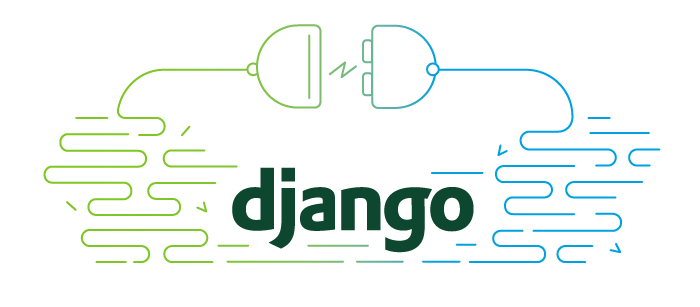This blog post is based on From Project to Productionized, a talk given at PyCon 2020 at the height of the COVID-19 pandemic. You can use this post today to learn how to deploy a Python application on Heroku. More specifically, we’ll show you how to deploy Django apps, including setting up your Django configuration, building continuous delivery pipelines, adding middleware, and everything else that goes into deploying Django on Heroku.
If you’d prefer a generic guide explaining how to deploy a Python application on Heroku, check out Getting Started on Heroku with Python.
